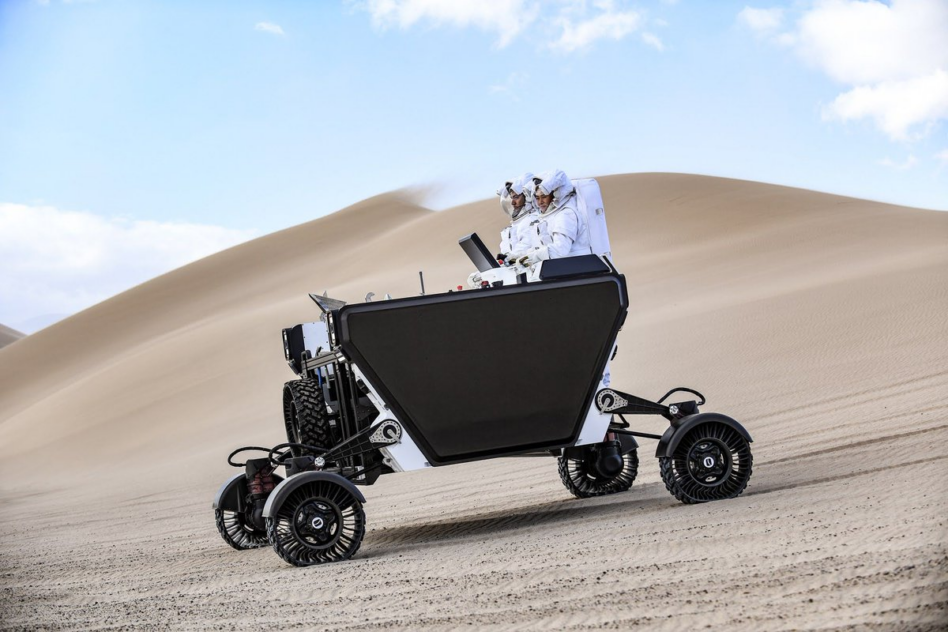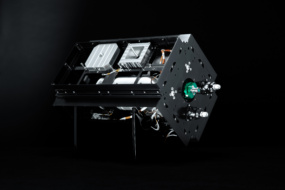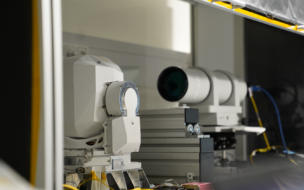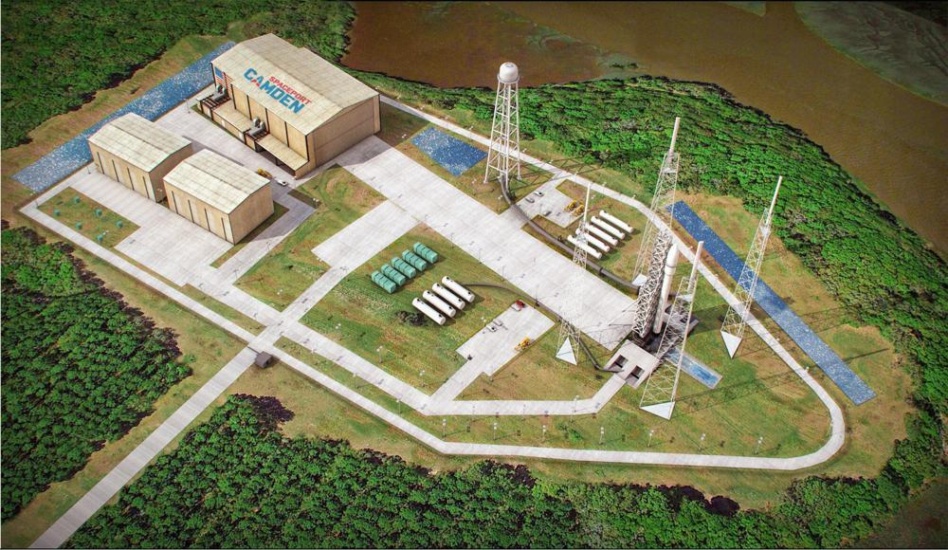Venturi Astrolab has emerged from stealth with a lunar rover modular concept—and a prototype to boot. The rover, named FLEX (short for Flexible Logistics and Exploration), is designed to transport crew and cargo across the surface of the Moon. If it works there, the company also hopes the rover will be used on human missions to Mars.
Lunar transportation: Astrolab is positioning itself to be the go-to provider of last-mile transportation services as humanity preps a return to the moon and the buildout of a lunar colony. “Companies like SpaceX and Blue Origin are solving the long haul transportation problem, and we want to solve the local transportation problem—and ultimately set the standard for lunar logistics,” Venturi Astrolab CEO Jaret Matthews told The Verge.
The startup hasn’t announced pricing information, but plans to charge based on services provided rather than by vehicle.
Key design features:
- Modularity, so operators can adjust for how much cargo needs to be transported
- Underbelly storage, easily enabling the rover to pick up and drop cargo
- Semi-autonomous driving, to accommodate human passengers or rem operation
The startup has already performed a test-drive of the prototype around California’s Death Valley, which yielded some pretty incredible photos. Two drivers operated the rover in the desert and tested its cargo transportation and solar panel-setting capabilities.
- Right now, the prototype is built for Earth gravity and conditions, but the company says the final design will be tailored to the lunar environment.
The company has reportedly already begun conversations with NASA and SpaceX, and is hoping to begin sending prototype rovers to the lunar surface in the coming years.





